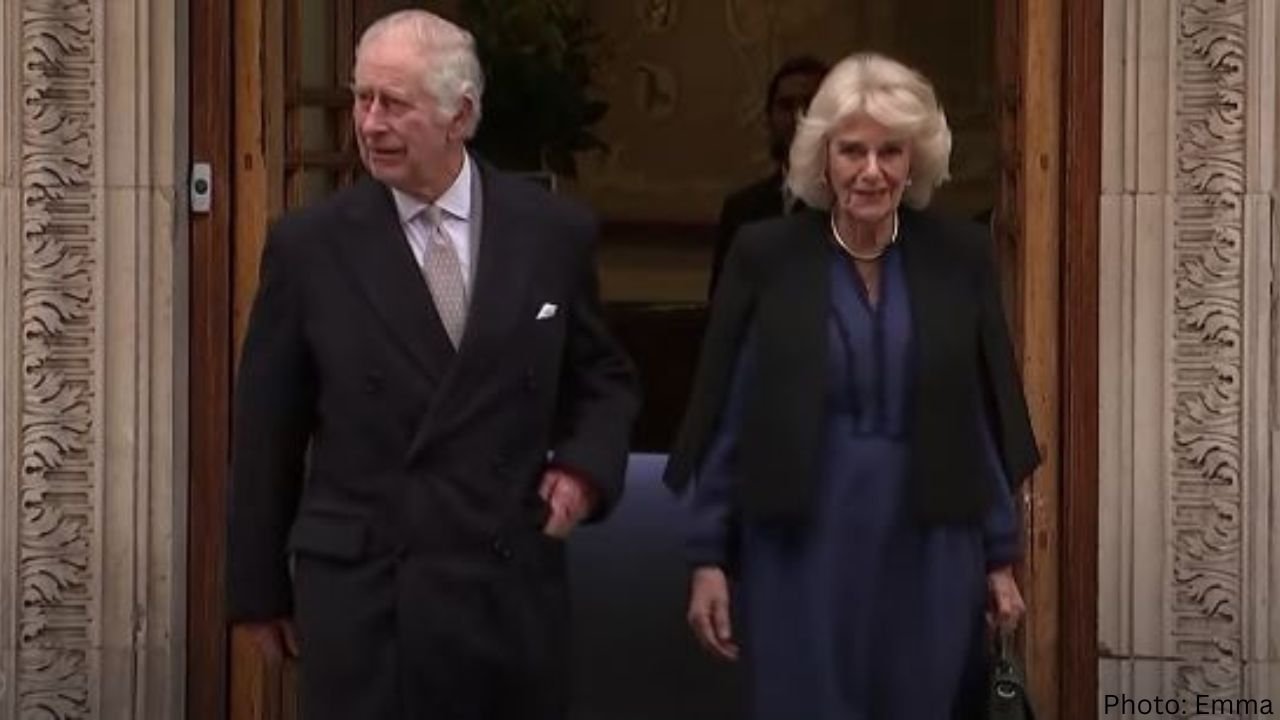King Chares III
King Charles III received a cancer diagnosis following a recent medical procedure at Buckingham Palace aimed at addressing an enlarged prostate, according to an announcement on Monday. The statement from the palace did not specify the type or severity of the cancer.
“While addressing benign prostate enlargement during The King’s recent hospital procedure, a separate concern emerged. Subsequent diagnostic tests have confirmed the presence of a form of cancer,” the palace disclosed in a released statement.
The specific type of cancer remains undisclosed, with clarification that it is not prostate cancer. Enlarged prostate, a common condition in older men, is not inherently linked to cancer, affecting approximately 80% of men over 70, as reported by Yale Medicine. King Charles III reached the age of 75 in November.
Symptoms associated with an enlarged prostate may include difficulties in urination, loss of bladder control, or nocturnal urination. In such cases, medical professionals often recommend a transurethral resection, a procedure designed to remove excess prostate tissue.
Dr. William Oh, the Chief Medical Officer of the Prostate Cancer Foundation, explained that the procedure involves scraping tissue to alleviate urinary issues caused by the prostate’s proximity to the bladder.
Read more: Apple vision pro now available at us apple stores
During a transurethral resection, a scope—a tube equipped with a camera—is inserted through the urethra to visualize the prostate and guide the tissue removal process. Dr. Christian Pavlovich, a urology and oncology professor at Johns Hopkins School of Medicine, noted that the scope might also detect cancer in nearby areas, such as the bladder or urethra, even when asymptomatic.
Dr. Justin Friedlander, a professor of urologic oncology at Fox Chase Cancer Center, added that the scope could identify signs of kidney or ureteral cancer, such as bloody urine. This highlights the potential for the procedure to reveal additional health concerns beyond the primary issue of prostate enlargement.
In certain cases, doctors may come across cancerous tissue that originated from other parts of the body while examining prostate tissue that was removed during surgery.
This indicates that the cancer has spread from other organs and may be more advanced. Dr. Julio Pow-Sang, the chair of the genitourinary oncology program at Moffitt Cancer Center, mentioned that it is generally uncommon to find cancerous tissue during a procedure for prostate enlargement.
However, there is still a small possibility of discovering cancerous tissue. Buckingham Palace did not provide specific details about the procedure Prince Charles underwent for an enlarged prostate, but it has previously been referred to as “corrective.”
Occasionally, instead of a transurethral resection, doctors may use laser or high heat to eliminate excess prostate tissue, although these procedures are less common.
According to Buckingham Palace, Prince Charles has arrived in London to begin regular outpatient treatments for cancer.
The palace expressed his gratitude to the medical team for their expert care and swift intervention, and he remains optimistic about his treatment and looks forward to resuming his full public duties soon.

